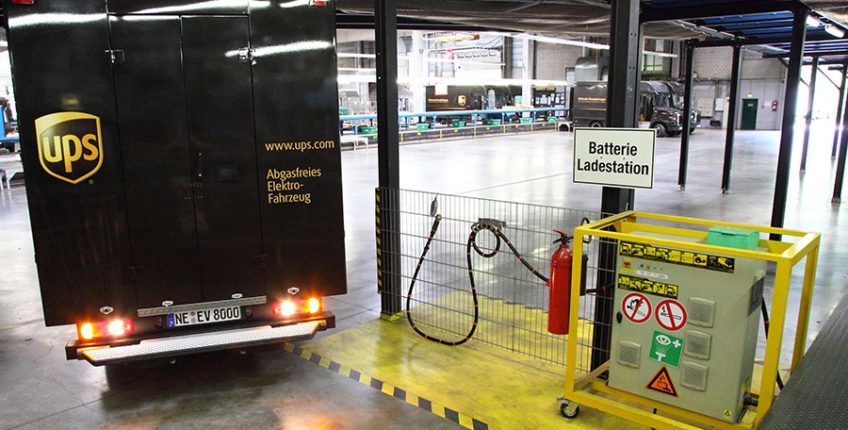Despite some initial reservations about the new technology, acceptance among the drivers and operations managers was good overall. The customers, too, reacted very positively to the electric mobile delivery service from the outset. In terms of the general public, there was also great interest, especially at the start of the project period.
There was also no evidence that low operating noise has any negative effects: during the course of the project there were no reports of any dangerous situations nor did any accidents occur. Conventional vehicles can be completely replaced by electric types if certain basic conditions exist, such as in respect to delivery volume and density of delivery addresses in the destination area. Integration of electrical vehicles into typical courier industry processes and the vehicle’s technical features also require corresponding adaptation to operational workflows and equipment.
Looking at life cycle costs shows that even with optimistic assumptions the vans originally designed as electric vehicles cannot be expected to be economically competitive this decade.
In addition to technical faults, the maintenance complexity observed is also significant in evaluating their use, especially from a technical design perspective. Some parts of the accompanying research work had to battle with compatibility problems and a lack of availability of suitable analysis data.
Funding Code
03KP5512

